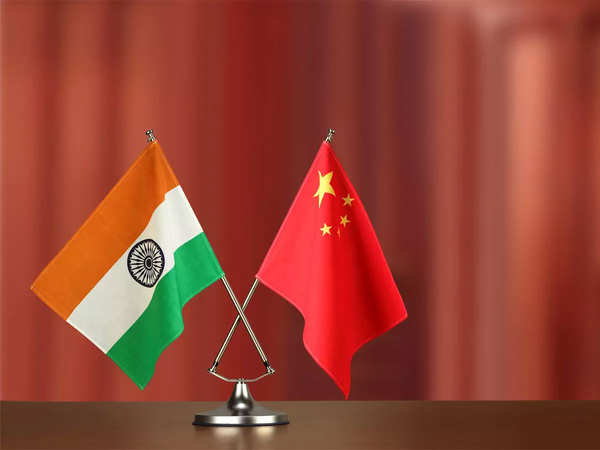India has outperformed one of its greatest adversaries, the Peoples’ Republic of China, as the most attractive emerging market for investment as per eighty-five sovereign wealth funds and fifty-seven central banks representing 21 trillion in assets.
The country is being increasingly viewed positively for its improved business and political stability, favourable demographics, regulatory initiatives and a friendly and free environment for sovereign investors, according to global investment managing firm Invesco.
On July 10, 2023, a report titled “Invesco Global Sovereign Asset Management Study “included views from 142 chief investment officers and heads of asset classes, along with senior portfolio strategists from 85 sovereign wealth funds and 57 central banks.
The Invesco report further found out that inflation was the most significant short-term risk to global economic growth followed by increased geopolitical risk, tightening of monetary policy supply chain disruptions, and the impact of climate change on the environment as other risks.
The sovereign wealth funds, it said, favour fixed income and private debt while the emerging markets with solid demographics, political stability and proactive regulation, especially India, have emerged as the prime destination for investment. “Among the emerging markets, India has piqued sovereign investors’ interests, overtaking China,” it said.
India, it said, exemplifies the attributes sought by private investors. India has now overtaken China as the most important emerging market for investment in emerging marketing debt.” A sovereign development fund based in West Asia noted that “We do not have enough exposure to China or India.
However, India is a better story now in terms of business and political stability. Demographics are growing fast, and they also have interesting companies, good regulation initiatives and a very friendly atmosphere for sovereign investors.”
India is among a number of countries, including Mexico and Brazil, that are benefitted from increasing foreign corporate investment aimed at both domestic and international demand through friend shoring and nearshoring. This was seen as helping fund current account deficits as well as support currencies and domestic areas, including debt.
On the scale of attractive emerging markets for increasing exposure, India and South Korea continue to be the most attractive destinations it said. One central bank in the West explained that they were looking at increasing their exposure to emerging market debt and in particulars, focused on debt targeting real estate and infrastructure as well as other diversified industries
According to the report, more than 85 per cent of the 85 per cent sovereign wealth funds and 57 banks noted that inflation will be higher in the coming decade. In such a situation, gold and emerging market bonds are being seen as good bets. This shift may have been triggered due to the freezing of almost half of the Russian 640 billion USD gold and forex reserves by the West in response to the Ukraine invasion.
The survey also showed that a substantial share of central banks were concerned by the precedent that has been set up. Almost sixty per cent of the respondents said it made gold more attractive 68m per cent were keeping reserves at home compared to 50 per cent in 2020.
India’s PMI (Purchasing Manager Index) for manufacturing did not contract in the past year, but against expectations, the Foreign Direct Investment inflows fell 22 per cent to USD 4.63 billion in the Financial Year 2023 amid high inflation and recessionary trends in developed economies.
Besides India, the report noted that important commodity-producing countries such as Indonesia and Brazil, which are seen as well placed for green transition and electric vehicle revolution, have the potential to become the destination for diversification for sovereigns with more concentrated commodity revenue streams.

















Comments